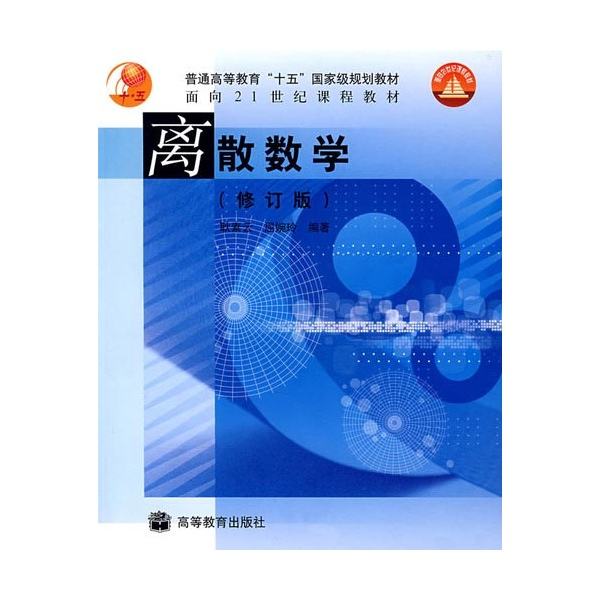We say that a language $L$ is \emph{constantly growing} if there is a constant $c$ such that for every $u\in L$ there is $v\in L$ with $\vert u\vert<\vert v\vert\leq c+\vert u\vert$. We say that a language $L$ is \emph{geometrically growing} if there is a constant $c$ such that for every $u\in L$ there is $v\in L$ with $\vert u\vert<\vert v\vert\leq c\vert u\vert$. Given two infinite languages $L_1,L_2$, we say that $L_1$ \emph{dissects} $L_2$ if $\vert L_2\setminus L_1\vert=\infty$ and $\vert L_1\cap L_2\vert=\infty$. In 2013, it was shown that for every constantly growing language $L$ there is a regular language $R$ such that $R$ dissects $L$. Suppose two alphabets $\Sigma$ and $\Theta$ such that $\vert \Sigma\vert=1$ and $\vert \Theta\vert=4$. In the current article we show how to dissect a geometrically growing language on the alphabet $\Sigma$ by a homomorphic image of intersection of two context free languages on the alphabet $\Theta$. Formally we show that there are context free languages $M_1,M_2\subseteq \Theta^*$ and an erasing alphabetical homomorphism $\pi:\Theta^*\rightarrow \Sigma^*$ such that: If $L\subseteq\Sigma^*$ is a geometrically growing language then there is a regular language $R\subseteq \Theta^*$ such that $\pi\left(R\cap M_1\cap M_2\right)$ dissects the language $L$.
翻译:我们说,如果有一个固定的美元,那么一个语言$1 美元(美元),美元(美元),美元(美元),每美元(美元),美元(美元),每美元(美元),美元(美元),每美元(美元),美元(美元),美元(美元),美元(美元),美元(美元),(美元),(美元),(美元),(美元),(美元),(美元),(美元),(美元),(美元),(美元),(美元),(美元),(美元),(美元),(美元),(美元),(美元),(美元),(美元),(美元),(美元),(美元),(美元),(美元),(美元),(美元),(美元),(美元),(美元)
相关内容
Alphabet is mostly a collection of companies. This newer Google is a bit slimmed down, with the companies that are pretty far afield of our main internet products contained in Alphabet instead.https://abc.xyz/




